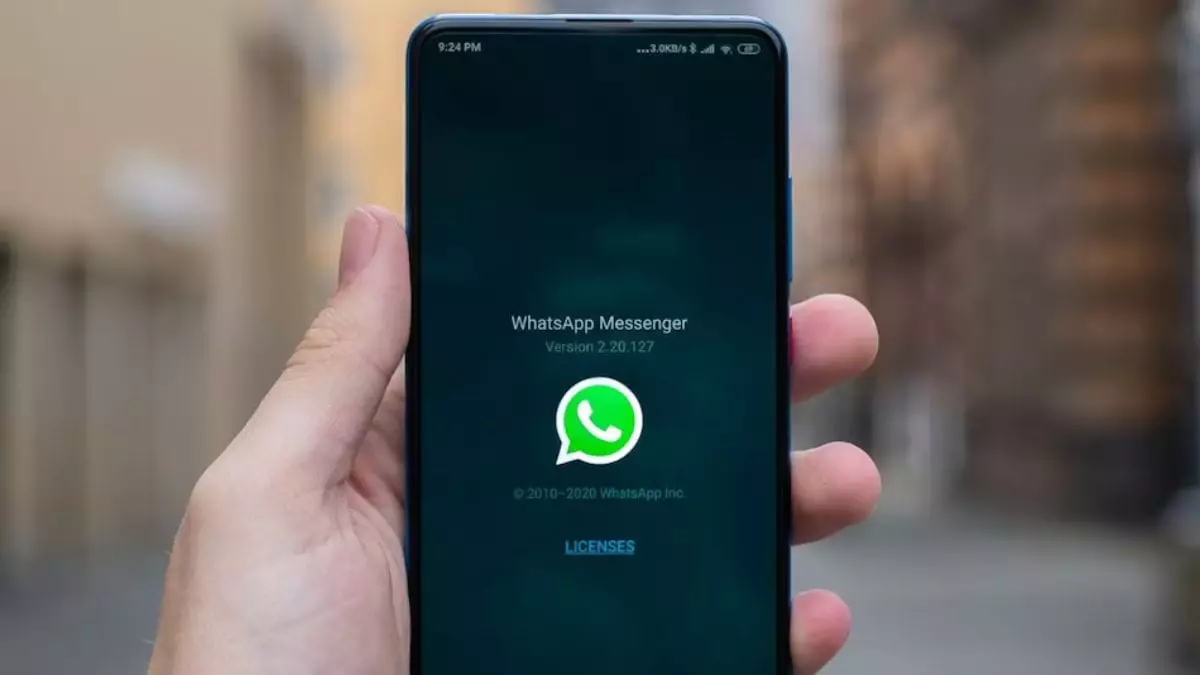In a bid to enhance user engagement and personalization, WhatsApp for Android is reportedly developing an innovative artificial intelligence (AI) feature that allows users to create personalized AI characters. Similar to features found on other platforms owned by Meta, such as Instagram and Messenger, this upcoming addition aims to provide users with a tailor-made experience. Feature tracker WABetaInfo has disclosed information on this intriguing project, suggesting that it could revolutionize how users interact within the platform.
Creating Unique AI Personalities
The centerpiece of this new feature is the ability for users to craft personalized AI chatbots by defining their traits and areas of focus through text prompts. Users will reportedly have the flexibility to articulate detailed descriptions, potentially up to 1,000 characters long. This allows for a high level of customization and creativity, enabling individuals to develop characters that resonate with them on a personal level. Furthermore, to assist users in generating ideas, WhatsApp intends to incorporate suggestion prompts, providing a springboard for those who may find it challenging to draft their character’s profile.
A Closer Look at the User Interface
Screenshots leaked by WABetaInfo offer insights into the planned user interface for creating these AI characters. The visible components indicate a step-by-step process, with the current view focusing on personality description. Although the complete development path is not disclosed, we can anticipate subsequent steps that may involve generating visual representations and bios for the chatbots. As users engage with this feature, they’ll need to navigate privacy settings for their AI characters, ensuring user comfort and safety in interactions.
In addition to the character creation tool, WhatsApp seems poised to unveil a dedicated tab for users to manage their AI creations. This tab will likely serve as a hub where users can view their personalized chatbots alongside public AI characters. This addition could foster a communal atmosphere within WhatsApp, allowing users to share experiences and perhaps interact with chatbots created by others, thus expanding the functional appeal of the app.
As the feature is still under development, it remains to be seen how seamlessly it will integrate with existing functionalities on WhatsApp. Importantly, there is currently no clarity on whether AI characters created on WhatsApp will be observable on other Meta platforms. If synchronized across applications, this could enhance usability and ensure a more cohesive user experience within the Meta ecosystem.
Ultimately, the introduction of personalized AI characters represents a significant step forward in WhatsApp’s evolution, potentially transforming the dynamics of user interaction. As this feature moves closer to launch, it will be essential for WhatsApp to thoroughly test its functionalities to ensure that it meets user expectations for creativity, usability, and privacy. The impending implementation of this AI character creation feature could very well set a new standard for digital communication, making interactions more engaging and personally relevant.

